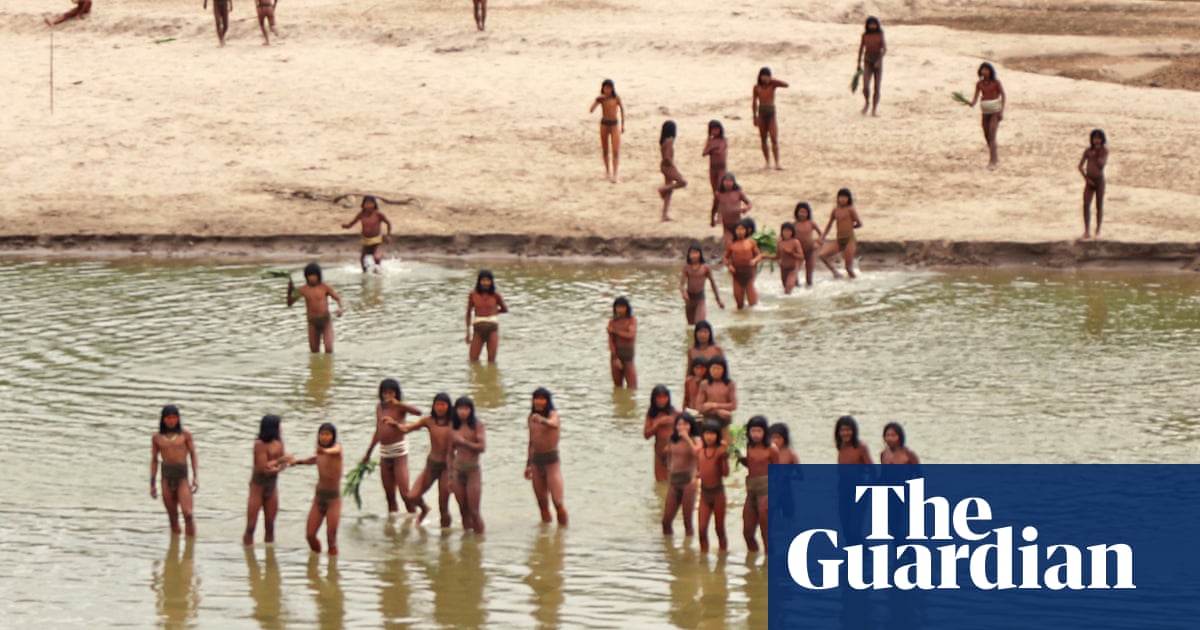
"In 1999, Beatriz Huertas travelled deep into the Peruvian Amazon to investigate reports of uncontacted Indigenous peoples, particularly the Yine Indigenous village of Monte Salvado."
"Her findings, compiled in a 2001 report, recommended protecting 2 million hectares for the wide-ranging Mashco Piro people, facing threats from logging and climate crisis."
"Twenty-five years later, the Mashco Piro, the world's largest uncontacted Indigenous group, are increasingly threatened by logging, drug trafficking, and environmental changes."
"Despite legal protections and international agreements, cooperation between Brazil and Peru remains inadequate, putting the Mashco Piro at risk due to territorial and resource struggles."
Beatriz Huertas traveled to the Peruvian Amazon in 1999 to investigate uncontacted Indigenous peoples. She gathered evidence of the Mashco Piro people and recommended protecting their territory. By 2024, the Mashco Piro face increasing threats from logging, drug trafficking, and climate change. Recent raids in Brazil underline their struggles for territory and resources. Although they have legal protection, cooperation between Brazil and Peru is inadequate, leaving the Mashco Piro vulnerable to outside pressures and undermining their safety and autonomy.
Read at www.theguardian.com
Unable to calculate read time
Collection
[
|
...
]